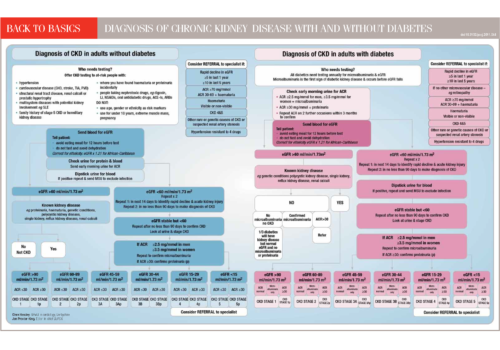

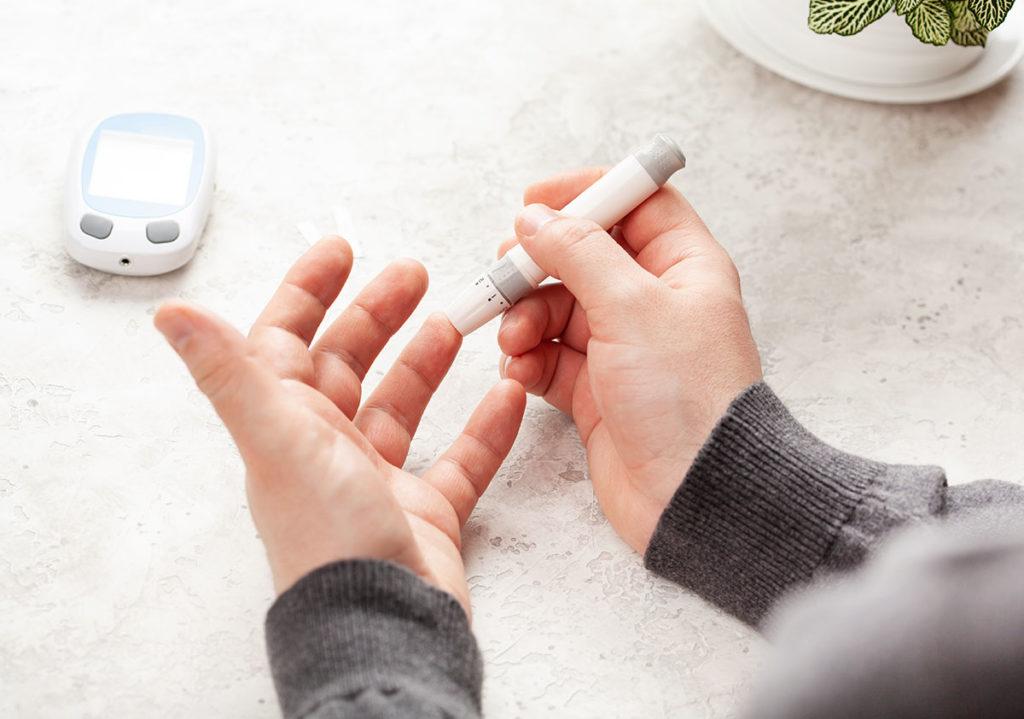
This resource is fully searchable using the search box at the top of the page, or to narrow down your selection using filters click on 'Knowledge hub' in the main navigation.

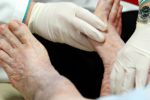
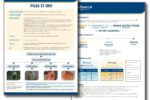
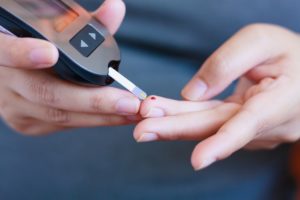
More than 4.9 million people in the UK have diagnosed diabetes and by 2030 Diabetes UK estimate there will be 5.5 million people with diabetes.
The care of patients with diabetes – particularly type 2 diabetes which counts for about 90% of patients seen in primary care – is a significant challenge.
Our resources focus on:
![]() Detection of pre-diabetes conditions frequently associated with obesity and metabolic disorders
Detection of pre-diabetes conditions frequently associated with obesity and metabolic disorders
![]() Early diagnosis of type 2 diabetes
Early diagnosis of type 2 diabetes
![]() Interventions to reduce the risks of cardiovascular and renal disease (the cardio-renal syndrome)
Interventions to reduce the risks of cardiovascular and renal disease (the cardio-renal syndrome)
![]() Glycaemic control with established therapies including metformin
Glycaemic control with established therapies including metformin
![]() The roles for newer agents including SGLT2 inhibitors and DDP-4 inhibitors
The roles for newer agents including SGLT2 inhibitors and DDP-4 inhibitors
![]() Importance of lipid (cholesterol) management and antihypertensive therapy
Importance of lipid (cholesterol) management and antihypertensive therapy
Additional contributions discuss:

![]() The initiation and intensification of insulin in people with type 2 diabetes
The initiation and intensification of insulin in people with type 2 diabetes
![]() Diagnosis and management of people with type 1 diabetes
Diagnosis and management of people with type 1 diabetes
![]() Prevention of hypoglycaemia
Prevention of hypoglycaemia
The onset of type 1 diabetes is usually rapid, taking patients and their relatives and friends, and even healthcare professionals by surprise. Diagnosis can involve some degree of diabetic ketoacidosis (commonly referred to as DKA). It is estimated that approximately 30% of newly diagnosed children seen by a healthcare professional have problems related to their diabetes before diagnosis, which suggests that practitioners are missing opportunities to diagnose type 1 diabetes at an earlier stage and possibly avoiding DKA. In this article, we explore how primary care staff can achieve earlier diagnosis of type 1 diabetes.
What are the practicalities of supporting people with diabetes who fast during Ramadan? Practice nurses can make a real difference by educating patients before Ramadan starts and advising them on what they need to consider before starting their fast. Patients need to be involved in the whole process so that they are well aware of the importance of managing their diabetes to ensure good control of their glucose levels throughout Ramadan. We review how to assess patients before Ramadan, what adjustments to make to medication and how to follow up.
Fasting during Ramadan means that you have longer gaps between meals than usual. Many people also eat more food in one meal – in particular, more carbohydrate-rich and fatty foods – during this time. If you have diabetes, this may mean that you have large swings in your blood sugar levels during Ramadan. During the day – when you are fasting – your blood sugar is likely to drop. This may make you feel weak, tired and dizzy. This is called hypoglycaemia (which means low sugar) – a period of hypoglycaemia is sometimes called a ‘hypo.’ People who are sick or whose health may be adversely affected by fasting – such as those with diabetes – do not have to fast during Ramadan. However, some people do decide to observe the fast. This leaflet gives you some tips on how to keep well.
One in 20 of the UK population—or 2.8 million people—have been diagnosed with type 2 diabetes, according to a recent report based on the Quality and Outcomes Framework (QOF) exception data. Most of these patients will have been identified in primary care, and GPs and practice nurses will be only too well aware of the burden of illness associated with the cardiovascular and microvascular complications of diabetes. The most effective means of reducing the risk of these microvascular complications is to ensure that each patient achieves and maintains their individualised glycaemic target. Recent guidance from the National Institute for Health and Clinical Excellence (NICE) provides recommendations on using liraglutide (Victoza), a new option for patients who do not achieve their target HbA1c using currently available therapies.
Key issues in the management of older patients with diabetes involve both clinical skills and apatient-oriented approach. Ageing and co-morbidity may make management challenging, andclinicians need to be alert to factors such as impaired cognitive function, depression andincreased susceptibility to hypoglycaemia.
Today, many people with type 2 diabetes who need insulin have their insulin initiated in primary care. Here we discuss NICE recommendations for initiation and management of insulin, and the different types of insulin and delivery systems.
The most effective means of reducing the risk of complications associated with type 2 diabetes is to ensure that each patient achieves and maintains their individualised glycaemic target. New guidance from the National Institute for Health and Clinical Excellence (NICE) providesrecommendations on using liraglutide (Victoza), a new option for patients who do not achieve target HbA1c using currently available therapies.
The new coalition government of the United Kingdom (UK) has announced plans to change the NHS radically in England. The Department of Health has published two important documents Equity and excellence: liberating the NHS and Liberating the NHS: commissioning for patients. The implications for primary and secondary care, and for local authorities, mental health services and community providers, will be enormous. The changes are taking place at a rapid pace and every manager and clinician in the NHS will need to keep abreast of developments as they will affect the way in which we all deliver services in the future.
The prevalence of many physical illnesses is increased in people with severe mental illness and accounts for around three quarters of all deaths; cardiovascular disease is the commonest cause of death. The level of screening for and management of diabetes and cardiovascular risk factors remains low but a straightforward yet systematic care pathway should go a long way towards reducing the health inequalities experienced by people with severe mental illness.
A unique new e-platform for primary care

For healthcare professionals in countries with applicable health authority product registrations. The content may not be approved for use in your specific region or country. Please review the applicable product labelling for your country for indications and instructions prior to use. If not approved, please exit this site.
We use cookies to ensure that we give you the best experience on our website.
By continuing to this site you are confirming that you are a healthcare professional and are opting into the use of cookies.
Yes, proceed to the site


















